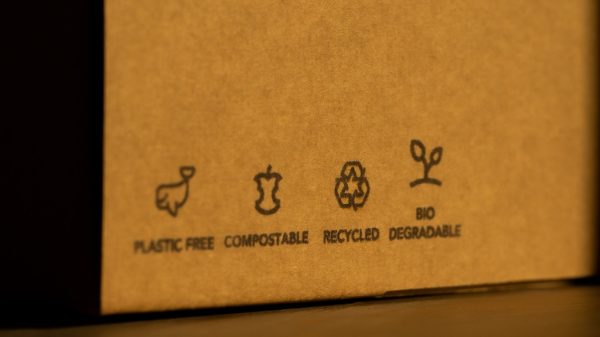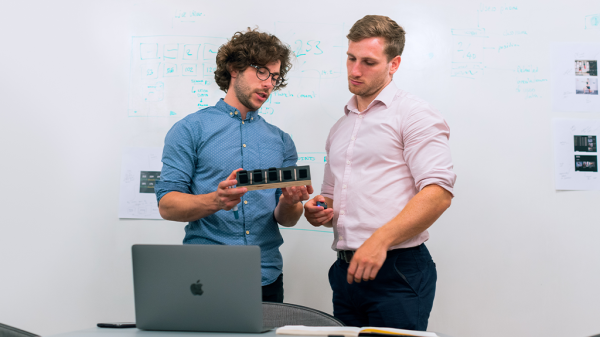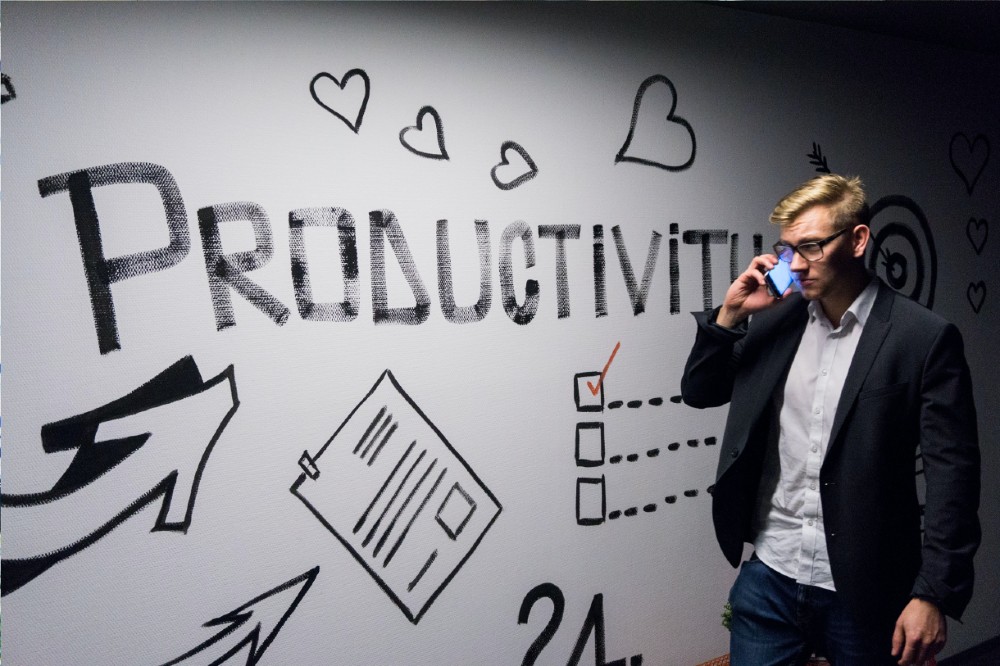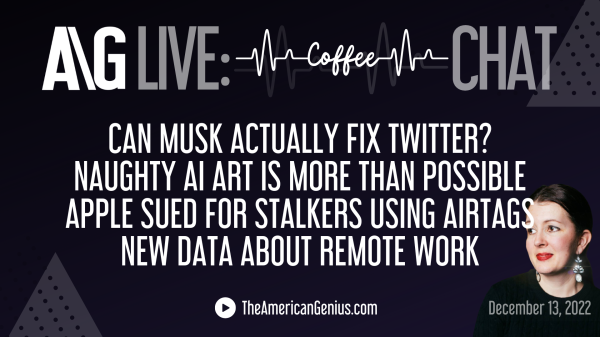Practice, practice, and more practice will get you to be more competent in what you do, but working smarter isn’t always about competency, at least in business. Productivity expert, Morten T. Hansen’s studies indicate that multitasking is detrimental to working smarter, but it’s only half of the problem.
Hansen discovered that the top performers did not try to do thousands of things at a time. He’s not the only one.
Earl Miller, an MIT neuroscientist outlines why humans cannot multitask. As he puts it, “our brains… delude us into thinking we can do more.” But this is an illusion. When we interrupt the creative process, it takes time to get refocused to be creative and innovative. It’s better to focus on one project for a set amount of time, take a break, then get started on another project.
Hansen also found in his research that the top performers focused on fewer goals.
He recommends cutting everything in the day that isn’t producing value. As a small business owner, you have to look at which tasks bring in the most profit.
This might mean that you outsource the bookkeeping that takes you hours or give up being on a committee at the Chamber of Commerce that is taking too much time away from your business.
Taking on less work will help you work smarter, but Hansen found that it goes hand-in-hand with obsessing over what you do have to do.
When you have fewer burning fires, you can dedicate your time to these tasks to create quality work. According to Hansen, this one thing took middle performers at the 50th percentile and put them into the 75th percentile. When someone is competent in writing reports, for example, and can focus their energy on that, the work is much better.
Top performers also take breaks to rest their brains. One of my favorite analogies is the one where a lumberjack is given a stack of wood that needs to be cut down. He starts with a sharp ax, but over time, as the ax gets dull it becomes harder to chop the wood. By taking a break and sharpening the ax, more gets accomplished with less effort.
Your brain is like that ax. It works great when you first get to work. You’re excited to get started. In a couple of hours, your brain needs a break. Go outside and take a walk. Get away from your desk. Do something different for 15 minutes. When you come back, you should feel like you have a second jolt of energy to take on tasks until you break for lunch. Science backs the need for breaks during the day.
By taking breaks, obsessing over what you have to do, and laser-focusing on fewer goals, you’ll be outperforming your competitors (and even coworkers).
Work smarter, not harder.
Dawn Brotherton is a Sr. Staff Writer at The American Genius with an MFA in Creative Writing from the University of Central Oklahoma. She is an experienced business writer with over 10 years of experience in SEO and content creation. Since 2017, she has earned $60K+ in grant writing for a local community center, which assists disadvantaged adults in the area.









































